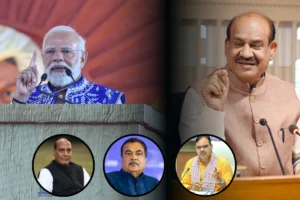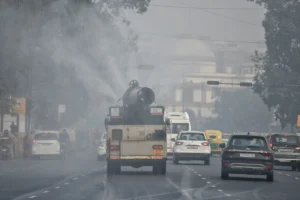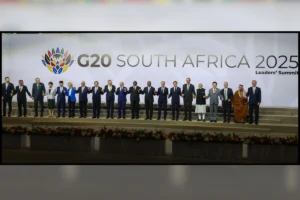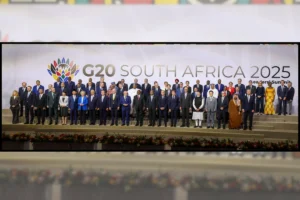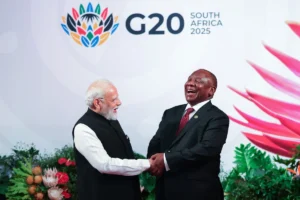
On Wednesday, a Varanasi district court allowed Hindus to pray in the southern cellar of the Gyanvapi mosque.
The court directed to arrange for pooja to be performed by the Hindu side and a poojari to be appointed by the Shri Kashi Vishwanath Temple Trust.
“Puja will start within seven days. Everyone will have the right to perform Puja,” Vishnu Shankar Jain, the lawyer representing the Hindu side, said.
The district court’s order comes a day after four Hindu women petitioned the Supreme Court for the excavation and scientific survey of a sealed section of the mosque, following an Archaeological Survey of India (ASI) report that concluded that a large Hindu temple existed before the mosque’s construction.
“It is submitted that for a proper and effective investigation, it is necessary that the ASI may be directed to undertake necessary excavation and use other scientific methods around the Shivlingam (being claimed by Muslims as a fountain) for determining the nature of Shivlingam and associated features without causing any damage to the object after removing artificial/modern walls/floors surrounding the Shivlingam,” the petition had stated.
Also read: “Not A Picnic Spot”: Madras Court Says Non-Hindus Not Allowed To Enter Temple Area In Tamil Nadu
The area in question contains a disputed structure that Hindus claim is a Shivaling, which the Muslim side denies, claiming it is part of a ritual ablution tank.
The mosque has four ‘tekhana’, or cellars, in its basement. One is still in the possession of a priestly family who once lived there. The family argued that as hereditary priests, they should be allowed to enter the structure and perform pujas.
Masjid Committee’s stance on the situation
Akhlaque Ahmad, counsel for the Anjuman Intezamia Masjid Committee, stated that he would challenge the order in court. The court has scheduled a hearing on the mosque committee’s application to dismiss the plea on February 8.
The Gyanvapi case history
Earlier reports claimed that debris from Hindu god statues was discovered during a survey of the area. It was also claimed that parts of a pre-existing structure, classified as a temple by the ASI report, including pillars, were used in the construction of the mosque.
Today’s order comes a day after four Hindu women petitioned the Supreme Court for an excavation and scientific survey of a ‘Shivling’ allegedly discovered inside the mosque complex’s sealed ‘Wazukhana’ area.
This area was sealed in 2022 after a Supreme Court order, but the Hindu side has now asked the court to allow the ASI, or Archaeological Survey of India, to conduct another survey of the ‘Wazukhana’ area without harming the ‘Shivling’.
Last month, in a landmark decision, the Allahabad High Court rejected all petitions by the mosque committee challenging civil suits seeking to restore the temple at the site.
The overall case concerns the Gyanvapi mosque, which is located next to the famous Kashi Vishwanath Temple.
Also read: “Not A Picnic Spot”: Madras Court Says Non-Hindus Not Allowed To Enter Temple Area In Tamil Nadu
The High Court heard and rejected petitions, including two from the Uttar Pradesh Sunni Central Waqf Board, challenging the maintainability of a 1991 Varanasi court case.
The 1991 suit, filed on behalf of the Adi Vishveswar Virajman deity, sought control over the disputed property. The Anjuman Intezamia Masajid Committee and the Waqf board challenged this, arguing that the suit could not be maintained under a law that prohibits alterations to the character of religious places as they existed on Independence Day, August 15, 1947.
The petitioners argued that because the dispute is pre-independence, it will not be affected.
To read more such news, download Bharat Express news apps









